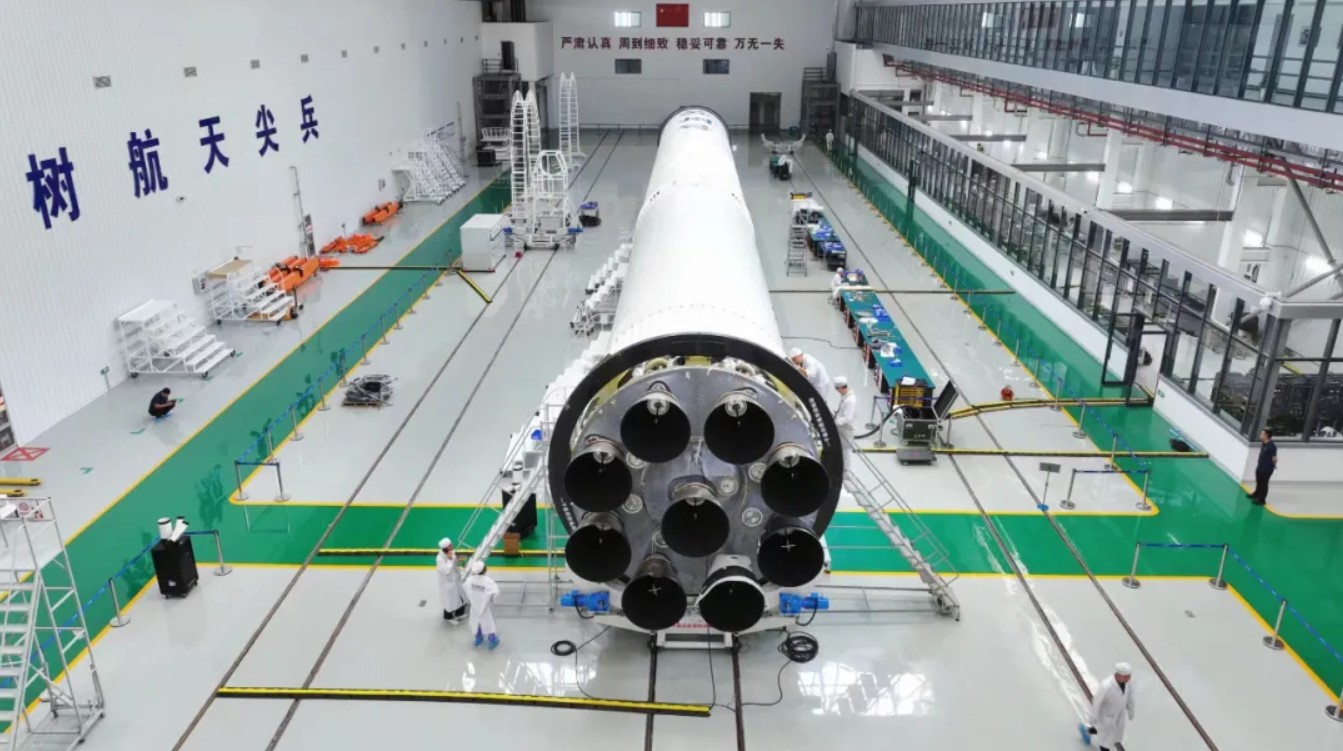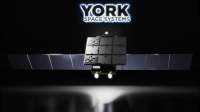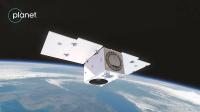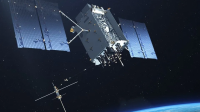Chinese commercial space company Space Pioneer suffered a major setback on Sunday when a test firing of its Tianlong-3 launch vehicle’s first stage ended in a dramatic explosion at a facility in Gongyi county, Henan province.
The intended static-fire test, designed to assess the first stage’s readiness for orbital flight, went awry as amateur footage from local residents captured the nine-engine stage unexpectedly igniting and taking off without proper hold-down clamps to secure it in place. The stage ascended briefly before abruptly halting and descending back to the ground, where it exploded upon impact, scattering leftover kerosene-liquid oxygen propellant.
Wow. This is apparently what was supposed to be a STATIC FIRE TEST today of a Tianlong-3 first stage by China‘s Space Pioneer. That’s catastrophic, not static. Firm was targeting an orbital launch in the coming months. https://t.co/BY9MgJeE7A pic.twitter.com/L6ronwLW1N
— Andrew Jones (@AJ_FI) June 30, 2024
Space Pioneer, which had secured $207 million in new funding earlier this month, had been preparing for an upcoming orbital launch of the Tianlong-3, aimed to rival SpaceX‘s Falcon 9. The company reported no casualties, attributing the failure to a structural issue at the connection between the rocket body and the test bench.
The incident, unprecedented in its nature where a stage escaped its restraints during testing, casts uncertainty over Space Pioneer’s launch schedule and operational future. The company plans to analyze the failure and resume testing with revised hardware as soon as possible.
This setback underscores the challenges and risks inherent in rocket development, echoing past incidents like SpaceX’s Starship prototype explosion in 2020. It could also impact China’s broader ambitions in commercial space endeavors, including plans for megaconstellations and enhanced launch capabilities outlined in recent government policies.
Tianlong-3, significantly larger than its predecessor Tianlong-2, was slated to enhance China’s space access with its payload capacity to low Earth orbit and sun-synchronous orbit. The delay caused by this failure may influence the timeline for its reusable capabilities and broader implications for China’s commercial space sector.
Whoops…. possible Tianlong-3 first stage test failure…
source: https://t.co/Z8CAyfPsCl pic.twitter.com/2WWQr4pC4O
— DutchSpace (@DutchSpace) June 30, 2024







